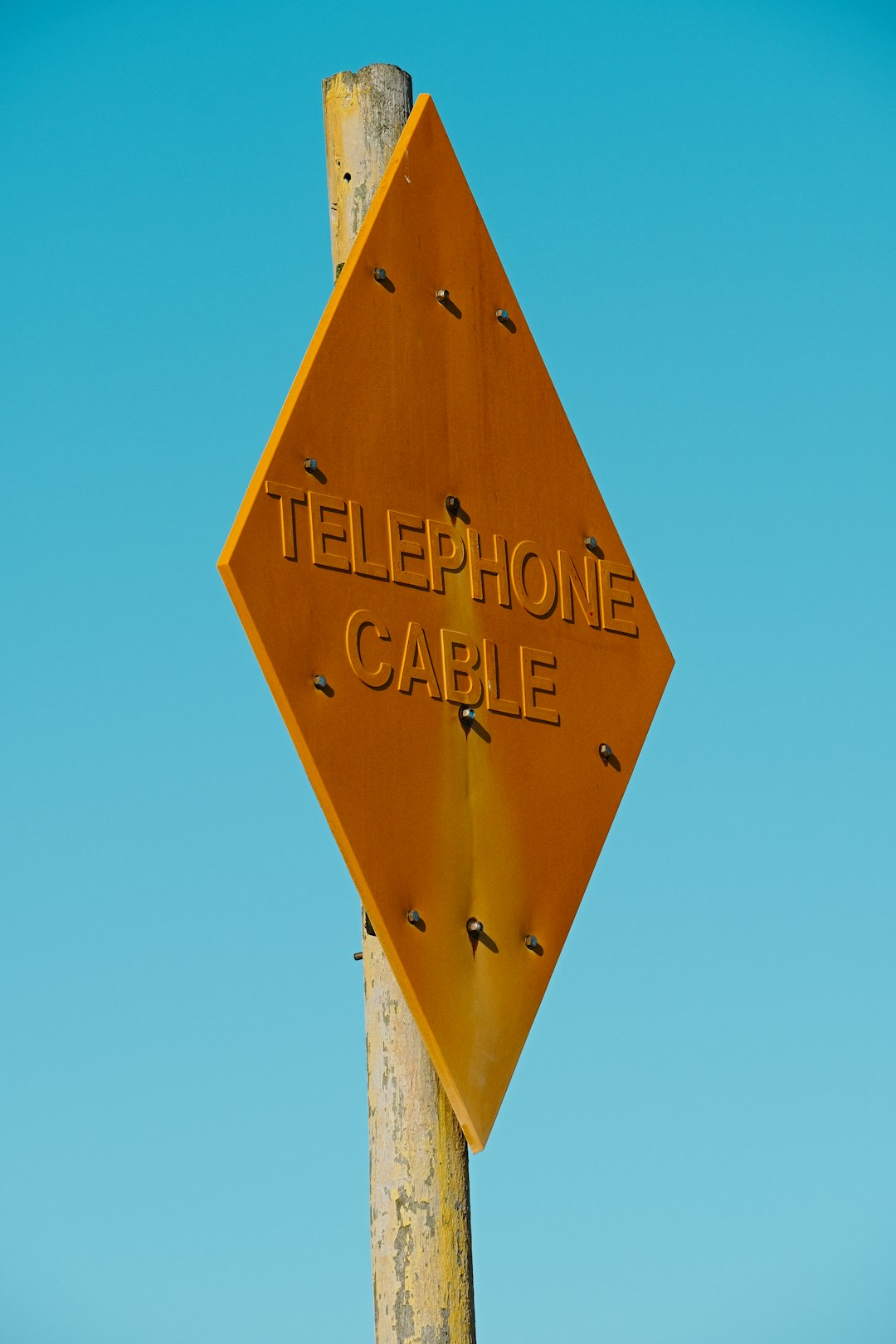Maine residents face a deluge of unwanted robocalls, impacting their safety and mental well-being. Advanced technology bypasses do-not-call lists, prompting a push for stricter Spam Call law firm Maine protections. Greenville leads the charge with innovative strategies: leveraging tech, enforcing laws, educating citizens, and collaborating with Spam Call law firms Maine. Practical steps for residents include registering for the National Do Not Call Registry, using call blocking tools, securing devices, and adhering to local Spam Call law firm Maine regulations.
Greenville is taking a bold step towards a robocall-free living environment, addressing a growing concern shared by many Mainers. The city’s new initiative aims to combat the pervasive issue of spam calls, which have become a daily nuisance and even impacted mental health. This article explores Greenville’s unique approach, highlighting the role of a local law firm in leading the charge against spam calls. We’ll provide practical steps for residents to enjoy a quieter, more peaceful life, free from unwanted robot-generated phone noise.
Understanding the Spam Call Problem in Maine

In Maine, the issue of spam calls has become a growing concern for many residents. With an increasing number of unwanted robocalls, people are left feeling frustrated and increasingly isolated. These automated phone calls, often promoting products or services, can be persistent and invasive, especially considering that many callers use sophisticated technology to bypass do-not-call lists. As a result, Maine’s consumers have turned to legal action, seeking recourse through a Spam Call law firm in the state.
The problem is not just an annoyance; it has significant implications for public safety and mental well-being. Many seniors and individuals with disabilities are particularly vulnerable to these calls, as they may rely on landlines and lack the technological know-how to block them effectively. This has led to increased demand for legal protection and a push for stricter Spam Call laws in Maine to ensure residents can live free from unwanted and harassing phone marketing tactics.
The Impact of Robocalls on Daily Life and Mental Health

Unwanted robocalls have become a pervasive and frustrating aspect of modern daily life, especially in an era where phone calls are often the primary means of communication. These automated messages, often promoting products or services, can disrupt peace of mind and productivity, leaving many individuals feeling annoyed and stressed. The constant buzzing of the phone, interrupting meals, work, or personal time, has a significant impact on mental health. Research suggests that frequent robocalls may contribute to increased anxiety and depression, as they can create a sense of intrusion and overload.
In response to this growing concern, many states, including Maine, have implemented strict Spam Call laws to protect residents from excessive and unwanted calls. These laws empower individuals to take control of their communication channels and ensure that robocalls are significantly reduced. By holding call centers and businesses accountable, these regulations offer a glimmer of relief for those burdened by incessant marketing calls.
Overview of the New Greenville Robocall-Free Initiative

Greenville has taken a bold step towards curbing unwanted robocalls with the introduction of an innovative initiative aimed at making the city a haven for residents free from intrusive automated telephone marketing calls. This new program, born out of a growing concern over the prevalence of spam calls, seeks to empower citizens and protect their privacy by implementing strict regulations targeting robotic voice-based advertising.
The initiative leverages advanced technology and stringent legal measures. By collaborating with leading Maine Spam Call law firms, Greenville aims to establish a robust legal framework that discourages automated telemarketing practices. This involves educating residents on their rights, imposing fines for non-compliance, and fostering a community-driven approach to identify and report suspicious calls. The ultimate goal is to create an environment where citizens can enjoy peace of mind, free from the constant nuisance of unsolicited robocalls.
How the Law Firm Is Leading the Charge Against Spam Calls

Greenville is taking a stand against the overwhelming tide of spam calls, and at the forefront of this movement is a pioneering Law Firm in Maine. Known for their innovative approach to legal services, this firm has made it their mission to protect residents from the nuisance and potential dangers posed by unsolicited robocalls. By leading the charge against Spam Call law firms Maine, they are not only alleviating the frustration of daily call bombardments but also ensuring consumer safety.
The Law Firm’s strategy involves a multi-faceted approach, combining legal advocacy with technological solutions. They have developed cutting-edge tools to identify and trace spam callers, utilizing their expertise in telecommunications law to push for stricter regulations. Through public awareness campaigns and community partnerships, they educate citizens on do-not-call rights and the latest scams, empowering them to take proactive measures against these relentless calls.
Practical Steps to Enjoy a Robocall-Free Living in Greenville

To enjoy a robocall-free living in Greenville, residents can take several practical steps. Firstly, register for the National Do Not Call Registry. This federal list restricts telemarketers from calling your number unless you give explicit consent. In Maine, where many spam calls originate, this registry is crucial. Additionally, consider using call-blocking apps or purchasing a robocall-blocking device. These tools can significantly reduce the volume of unwanted calls.
Moreover, review and update your privacy settings on all devices and social media platforms. Many services offer options to limit contact from unknown or telemarketing numbers. Regularly checking and updating these settings ensures an extra layer of protection. Also, be cautious when sharing your phone number online. Avoid providing it on forms or websites unless necessary, and use different numbers for work, personal, and banking communications to minimize the risk of spam calls flooding all your lines.






